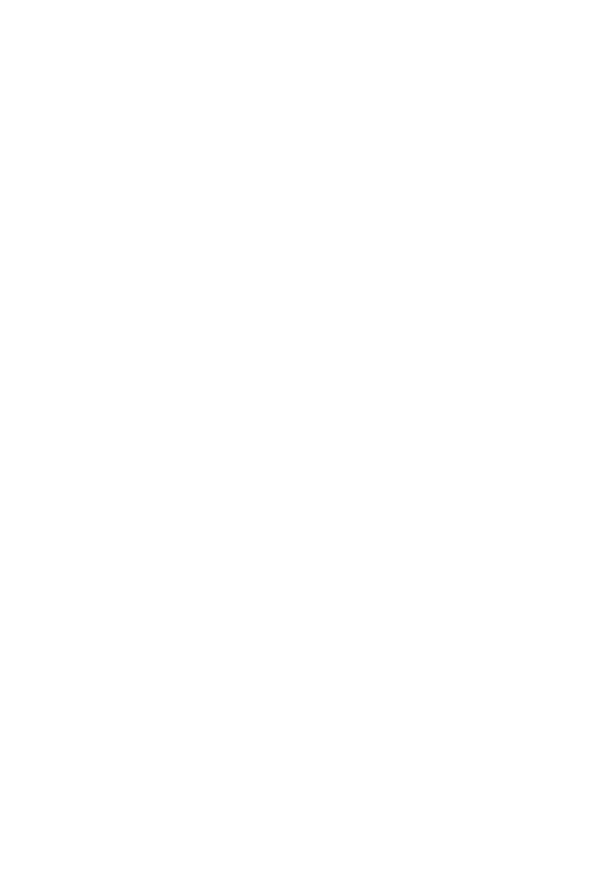
conduct the search (we introduced FISA in chapter 3).
required to obtain a criminal warrant but was a statutory requirement for a
FISA warrant.
and overseas.
sought assistance from the legal attaché there as well. By August 24, the Min-
neapolis agent had also contacted an FBI detailee and a CIA desk officer at the
Counterterrorist Center about the case.
the telephone. On August 22 and 27, the French provided information that
made a connection between Moussaoui and a rebel leader in Chechnya, Ibn al
Khattab. This set off a spirited debate between the Minneapolis Field Office,
FBI headquarters, and the CIA as to whether the Chechen rebels and Khattab
were sufficiently associated with a terrorist organization to constitute a "for-
eign power" for purposes of the FISA statute. FBI headquarters did not believe
this was good enough, and its National Security Law Unit declined to submit
a FISA application.
hand-delivering the request on August 21. On August 24, the CIA also sent a
cable to London and Paris regarding "subjects involved in suspicious 747 flight
training" that described Moussaoui as a possible "suicide hijacker." On August
28, the CIA sent a request for information to a different service of the British
government; this communication warned that Moussaoui might be expelled
to Britain by the end of August. The FBI office in London raised the matter
briefly with British officials as an aside, after a meeting about a more urgent
matter on September 3, and sent the British service a written update on Sep-
tember 5. The case was not handled by the British as a priority amid a large
number of other terrorist-related inquiries.
the known facts regarding Moussaoui. It did not report the case agent's per-
sonal assessment that Moussaoui planned to hijack an airplane. It did contain
the FAA's comment that it was not unusual for Middle Easterners to attend
flight training schools in the United States.